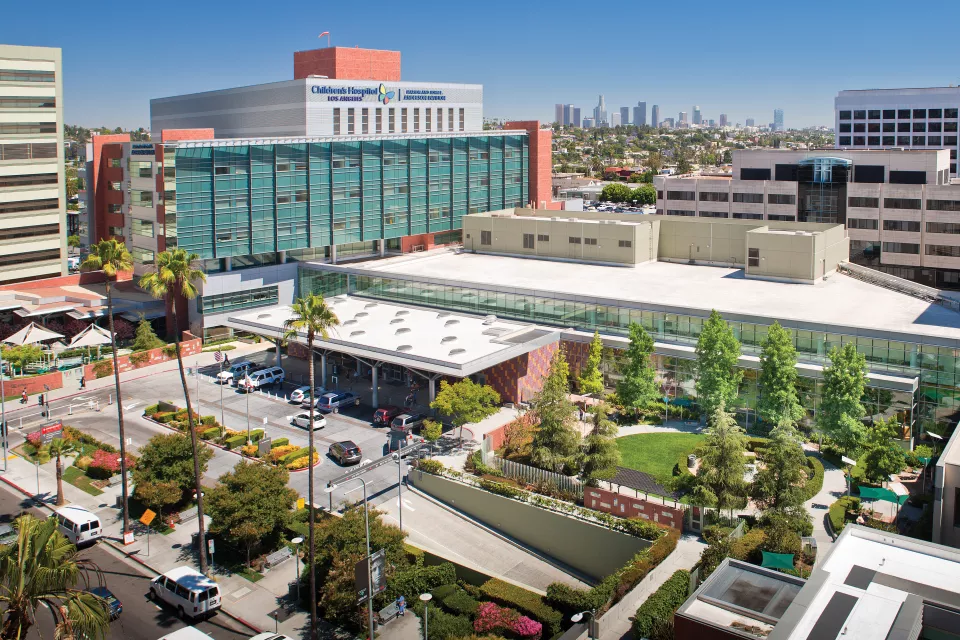About Us
The Lab Safety Office promotes a safe research environment by fostering partnerships with faculty, students, and staff to enable them to recognize risks and empower them to learn, discover, and work safely to minimize injuries, illnesses, environmental impact, and regulatory risks.
We accomplish this by providing exceptional service and leadership through program and policy development, information and training, consultation, periodic reviews of environmental health and safety practices and complying with policies and regulations.
How We Support
We minimize injuries, illnesses, environmental impact, and regulatory risks through the following activities:
- Development and implementation of safety policies and programs.
- Administration of safety courses and training.
- Inspection of research facilities.
- Conduction of incident, hazard and risk assessments.
- Identification, evaluation and control of potentially hazardous situations.
- Implementation of corrective actions plans and suggestion of recommendations.
- Publication of information that reflects current topics and best practices in safety.
- Evaluation of emergency preparedness procedures and responding to emergency incidents.
- Management of hazardous wastes.
- Operational support of research oversight committees.
- Collaboration with regulatory agencies.
- Periodic review and evaluation of safety programs, policies and regulations.
